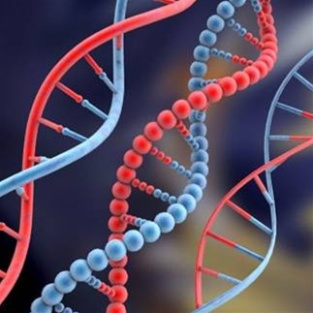Seeing many teenagers having acne, I can say that acne really start off in adolescence. In this stage, the oil glands live up as teens face gets oily which result to acne. Many of the teens reason out that they have acne because of heredity reason. Equally important, teenagers having acne on different part of their body can lead to self-esteem issues and depression. Take note, they try as many acne treatments or products as possible without proper prescription of dermatologist to remove acne. Surprisingly, the result is an increased acne production.
My advice is to take those products with benzoyl peroxide, salicylic acid and alpha hydroxy acids, proper hygiene and rest and eat healthy food.
Based on “All about adolescent acne” by Fiona Baker,
For many parents, acne may seem to be a common problem or rite of passage that will pass, but for adolescents it can lead to self-esteem issues and even depression."When kids look at themselves in the mirror they don't see what their parents see," says Dr Phillip Artemi, Australasian College of Dermatologists spokesman. "They only see their pimples and hate what they see. Being a teenager can be tough enough. If they're worried about their skin, and they tell you it's upsetting them, listen to them and take action to find solutions. One of the worst thing parents can do is trivialise their child's feelings and tell them to deal with it or that it will pass," says Artemi.Genes and hormones"If parents know they had a problem and start seeing the early stages of acne occurring with their kids, the best thing to do is get an early start on treatment. If treatment is started early the chances of the inevitable, lifelong scarring acne causes are greatly reduced," he says."If parents know they had a problem and start seeing the early stages of acne occurring with their kids, the best thing to do is get an early start on treatment. If treatment is started early the chances of the inevitable, lifelong scarring acne causes are greatly reduced," he says.Psychological impactResearch shows that one of the major side effects of acne for a teenager is psychological, manifesting as reduced confidence, social isolation, embarrassment, issues with appearance and even depression.Several studies have linked severe acne with an increased risk of depression, anxiety and suicide attempts, with researchers recommending that extra attention needs to be paid to the mental health of young acne sufferers.Busting acne myths:
- Sweets and fatty foods don't cause acne – or at least play an almost non-existent role, Artemi says. "There are many fit people on the healthiest diets who suffer acne. No study has clinically proven beyond doubt that diet plays any significant role in acne."
- Drinking lots of water won't cure acne – all it will do is make you go to the toilet a lot, Artemi says.




Walang komento:
Mag-post ng isang Komento